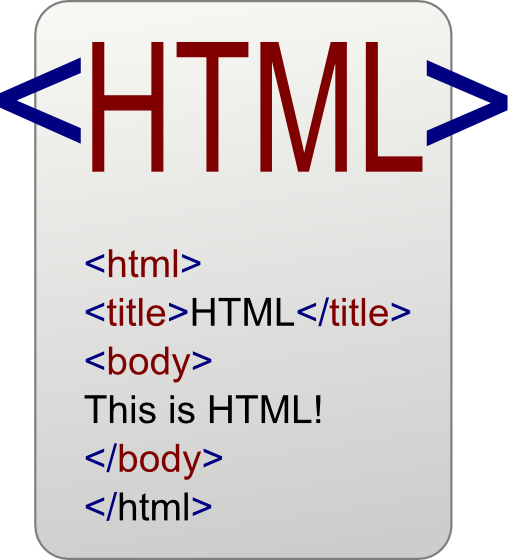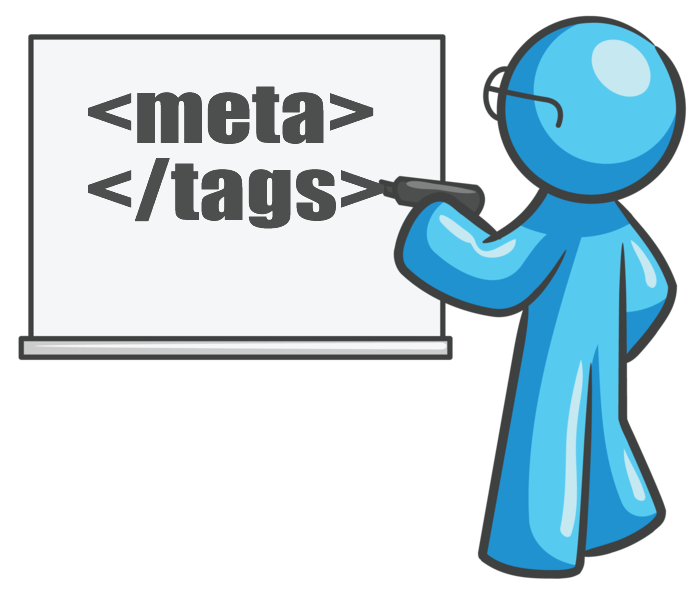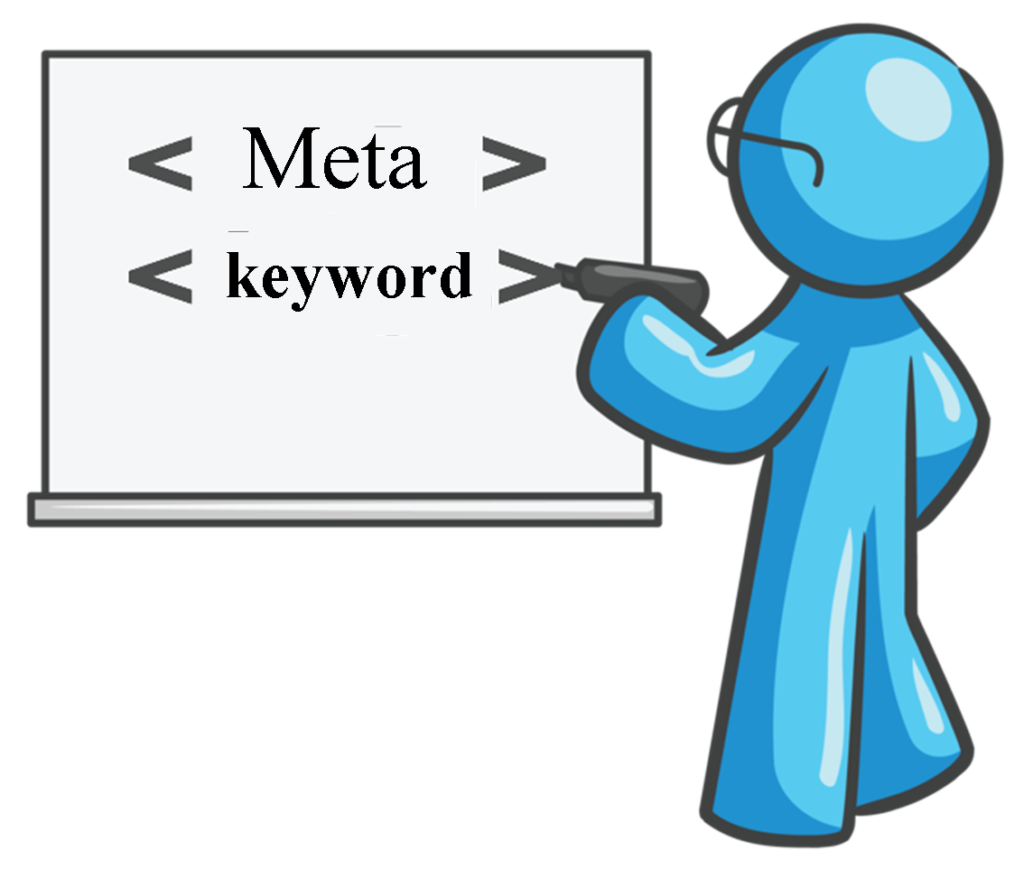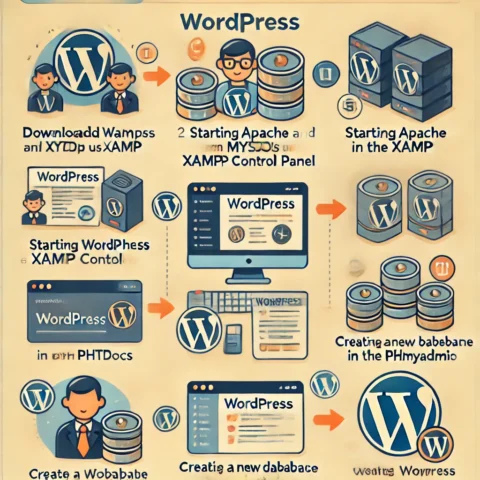In the intricate dance of search engine optimization (SEO), meta tags play a pivotal role in shaping a website’s visibility and discoverability on search engine results pages (SERPs). As we venture into the digital landscape of 2024, understanding the significance of meta tags and their impact on SEO is paramount for businesses striving to enhance their online presence and attract targeted traffic.
Decoding Meta Tags: What Are They and Why Do They Matter?

Meta tags are snippets of HTML code that provide information about a web page to search engines and website visitors. They serve as a roadmap for search engine crawlers, guiding them to understand the content and context of a webpage, and influencing how the page is indexed and displayed on SERPs. From meta titles and descriptions to meta keywords and robots directives, each meta tag plays a distinct role in shaping a website’s SEO performance.
Meta Titles: Crafting Compelling Headlines that Drive Clicks

Meta titles, also known as title tags, are arguably the most critical meta tag for SEO. They serve as the headline for a webpage on SERPs, providing a concise and compelling summary of the page’s content. Optimizing meta titles involves incorporating relevant keywords, conveying the page’s main topic or theme, and enticing users to click through to the website. In 2024, crafting attention-grabbing meta titles remains essential for improving click-through rates (CTR) and driving organic traffic to your website.
Meta Descriptions: Elevating Your Brand’s Messaging
Meta descriptions accompany meta titles on SERPs, providing a brief summary of the page’s content and enticing users to click through to the website. While meta descriptions do not directly impact search engine rankings, they play a crucial role in shaping user perceptions and influencing click-through behavior. Crafting compelling meta descriptions involves incorporating relevant keywords, highlighting unique selling points, and enticing users with a clear call-to-action (CTA). In 2024, optimizing meta descriptions remains vital for enhancing user engagement and driving conversions.
Meta Keywords: Navigating the Evolution of SEO Practices

Meta keywords were once a staple of SEO strategies, allowing website owners to specify relevant keywords for their web pages. However, due to widespread abuse and manipulation, search engines like Google have largely deprecated the importance of meta keywords in their ranking algorithms. In 2024, while meta keywords may still hold some value for niche search engines or specialized indexing systems, their impact on mainstream SEO is minimal. Instead, focusing on optimizing meta titles and descriptions for relevance and user engagement yields more significant results in today’s SEO landscape.
Meta Robots Directives: Controlling Crawling and Indexing Behavior
Meta robots directives provide instructions to search engine crawlers on how to crawl and index a webpage. By specifying directives such as “index,” “noindex,” “follow,” or “nofollow,” website owners can control which pages are indexed and how search engines interpret and follow links on the page. Utilizing meta robots directives effectively involves aligning crawling and indexing behavior with your SEO objectives, ensuring that search engines prioritize and understand the most critical pages on your website. In 2024, optimizing meta robots directives remains essential for managing crawl budget and maximizing the visibility of your website’s most valuable content.
Best Practices for Meta Tag Optimization in 2024

In the ever-evolving landscape of SEO, staying abreast of best practices for meta tag optimization is crucial for maintaining a competitive edge. In 2024, the following strategies can help maximize the impact of meta tags on your website’s SEO performance:
- Conduct thorough keyword research to identify relevant and high-performing keywords for inclusion in meta titles and descriptions.
- Craft compelling and concise meta titles that incorporate primary keywords, convey the page’s main topic or theme, and entice users to click through to the website.
- Write engaging meta descriptions that provide a succinct summary of the page’s content, highlight unique selling points, and include a clear call-to-action (CTA) to encourage clicks.
- Utilize meta robots directives strategically to control crawling and indexing behavior, ensuring that search engines prioritize and understand the most important pages on your website.
- Regularly monitor and analyze the performance of meta tags using tools like Google Search Console and Google Analytics, making adjustments as needed to improve click-through rates (CTR) and user engagement.
Ensure you’re writing content the way that you’d explain it to someone over the phone
Carolyn Lyden, Lead SEO at Search Hermit
Harnessing the Power of Meta Tags for SEO Success

As we navigate the complexities of SEO in 2024 and beyond, unlocking the significance of meta tags is essential for maximizing your website’s visibility and discoverability on search engine results pages (SERPs). By understanding the role and impact of meta titles, descriptions, keywords, and robots directives, businesses can craft compelling and optimized meta tags that drive clicks, enhance user engagement, and ultimately propel their SEO success. With strategic meta tag optimization, businesses can position themselves for sustained growth and competitiveness in the ever-evolving digital landscape.







